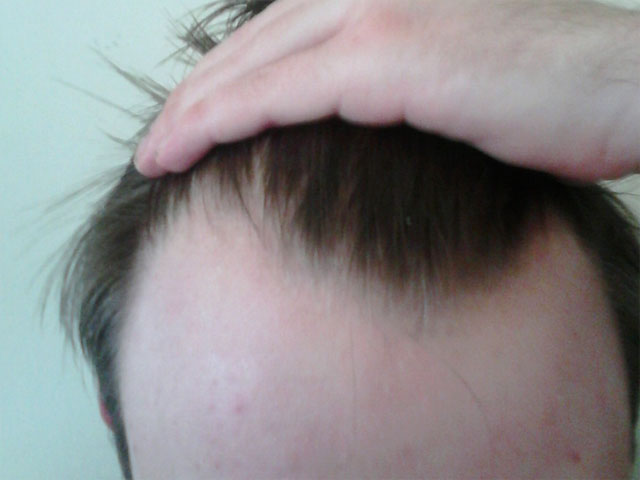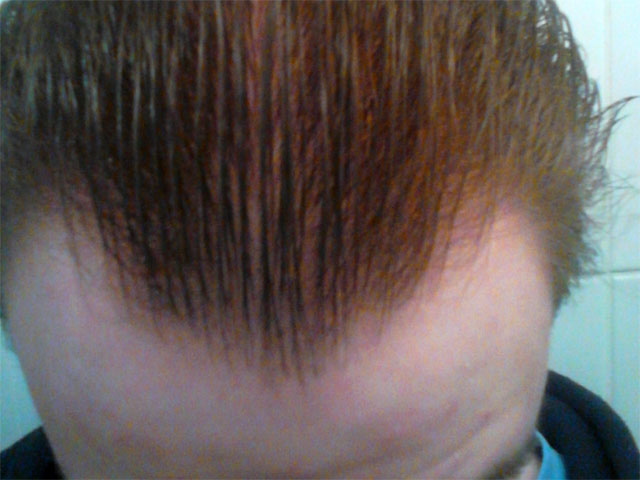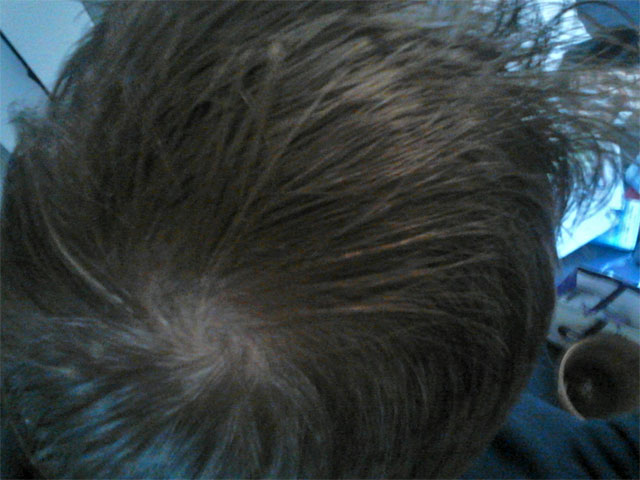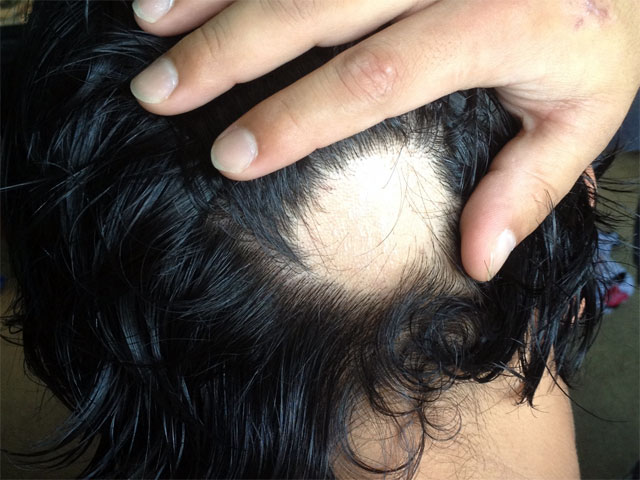First, I can’t thank you enough for maintaining this resource–it’s alleviated a lot of my anxiety about hair loss simply by giving my a place to find answers to my questions.
I recently had a consultation with a surgeon about reshaping my temples. I’m 29, and probably a NW2-3. (I’ve had relatively high temples since high school, though the spaces have expanded slowly since though then.) He ultimately recommended 1100 grafts to fill in my temples and create a relatively straight hairline.
I have two questions:
1. He told me that diet has a significant impact on hair loss, second to genetics. He advised a vitamin regimen of L-Lysine, Vitamin E, Saw Palmetto, MSM, Glucosamine, Chondroitin Sulfate, and Ester-C. In addition, he recommended that I stop consuming creatine, and eat a sulphite/nitrite-free diet that’s rich in antioxidants and low in refined sugar and bleached flour. I realize that much of this might be good health advice generally, but does it have any non-negligible connection to hair loss? I appreciate interest in my general welfare, but this had me a tad skeptical.
2. After examining the entirety of my hair, he told me that I’m “programmed” for hair loss not beyond a NW3. He did not conduct a miniaturization study; this was a “naked eyeball” examination. Because he didn’t think I’m “programmed” for any crown-area loss, he said Propecia wouldn’t be necessary. Should I take this pronouncement with a grain of salt, or could he accurately reach that conclusion via the type of examination he made?
Many thanks, and all the best. If it’s at all relevant, he did not recommend any type of hairline lowering, but simply filling in the temples and leaving the forelock as is.
While it is possible that you won’t advance beyond a Norwood class 3 hairline, I don’t trust doctors who give eyeball opinions for predicting hair loss. There are some good tests (miniaturization mapping and better yet, bulk analysis) that will tell you with some certainty if you are balding.
The decision to take drugs like finasteride should be based upon clinical evidence of balding. You might want to consider getting a second opinion, hopefully from a doctor that can give you a more thorough analysis of your hair. If you aren’t balding, Propecia isn’t necessary (though you should consider it to prevent shock loss from any hair transplant you may have). If you do have early balding, now would be the best time to start the medication.
As for the recommended vitamins, I am not a nutritionist, so your doctor’s suggestions may be good ones for your overall health. I wouldn’t expect to see lush hair growth upon taking them, though. None of those have satisfactory evidence linking them to treating genetic hair loss.
Tags: hairloss, hair loss, propecia, finasteride
Doctor, compare about eyebrow transplant and hair transplant. Which has higher success rate and why?




